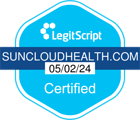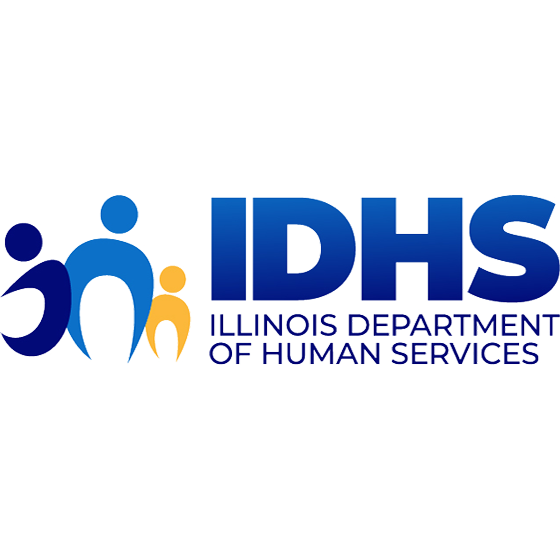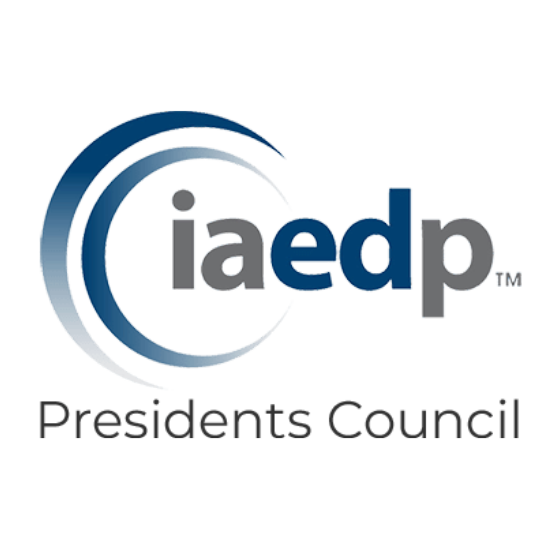Bipolar Disorder: Separating Fact from Myth

Presented By:
Alexander Chevalier, MD, SunCloud Health
January 26th, 2024
Child and Adolescent Professional Development Series
Topics Covered:
- Understanding the DSM Criteria of Bipolar Disorder
- Identifying the Differential Diagnosis of Bipolar Disorder in Adolescents
- Understanding Other Mood Disorders of Adolescents
- Discussing the Comorbidity and Risks Associated with Bipolar Disorder
Video: Watch the Presentation
Presented by:Alexander Chevalier, MD
Alexander Chevalier, MD is a board certified adult, child, and adolescent Psychiatrist who completed his medical training at the University of Wisconsin followed by adult residency and child/adolescent fellowship at the University of Illinois in Chicago.
“My work focuses on uniting up to date, evidenced-based treatment with the needs of an individual and family at this very moment in time. I firmly believe that by empowering the individual and family with the best available research and offering individually tailored interventions, I can serve as a steadfast ally in the pathway to recovery. My goal is to help individuals turn their difficulties into a reservoir of personal strength.”


Joint Accreditation Statement:
Joint Accreditation Statement: In support of improving patient care, this activity has been planned and implemented by Amedco LLC and Galen Mental Health. Amedco LLC is jointly accredited by the Accreditation Council for Continuing Medical Education (ACCME), the Accreditation Council for Pharmacy Education (ACPE), and the American Nurses Credentialing Center (ANCC), to provide continuing education for the healthcare team. Amedco Joint Accreditation #4008163.








